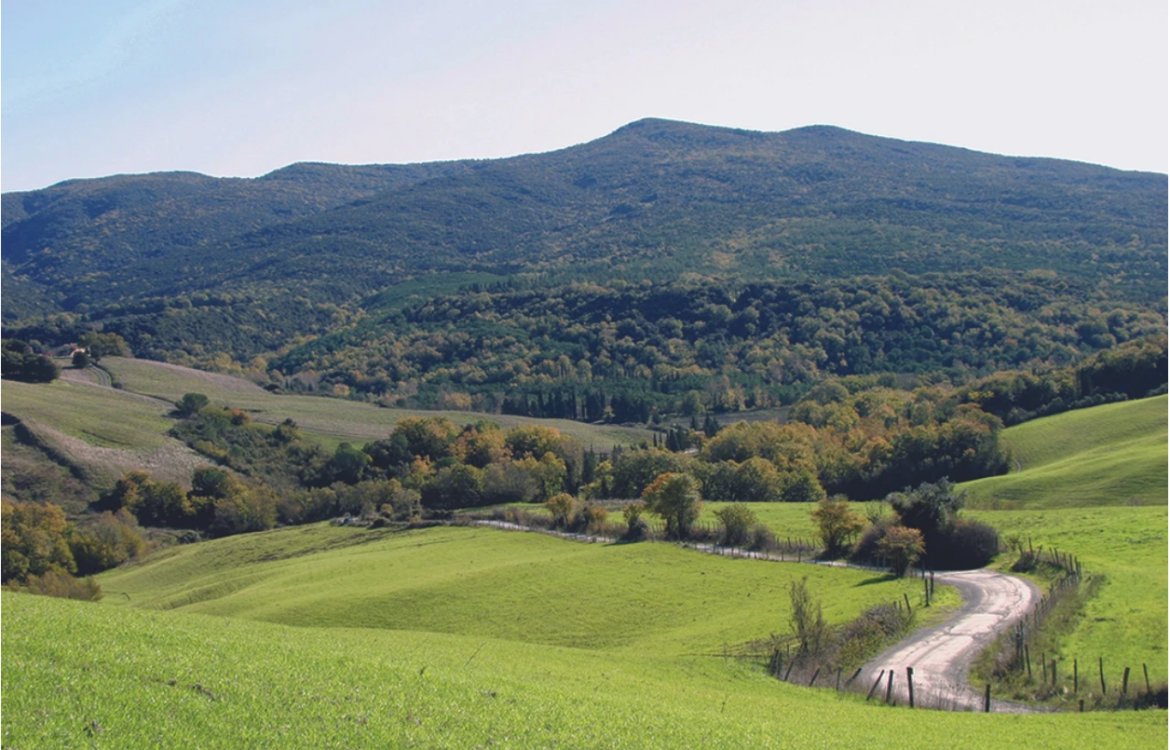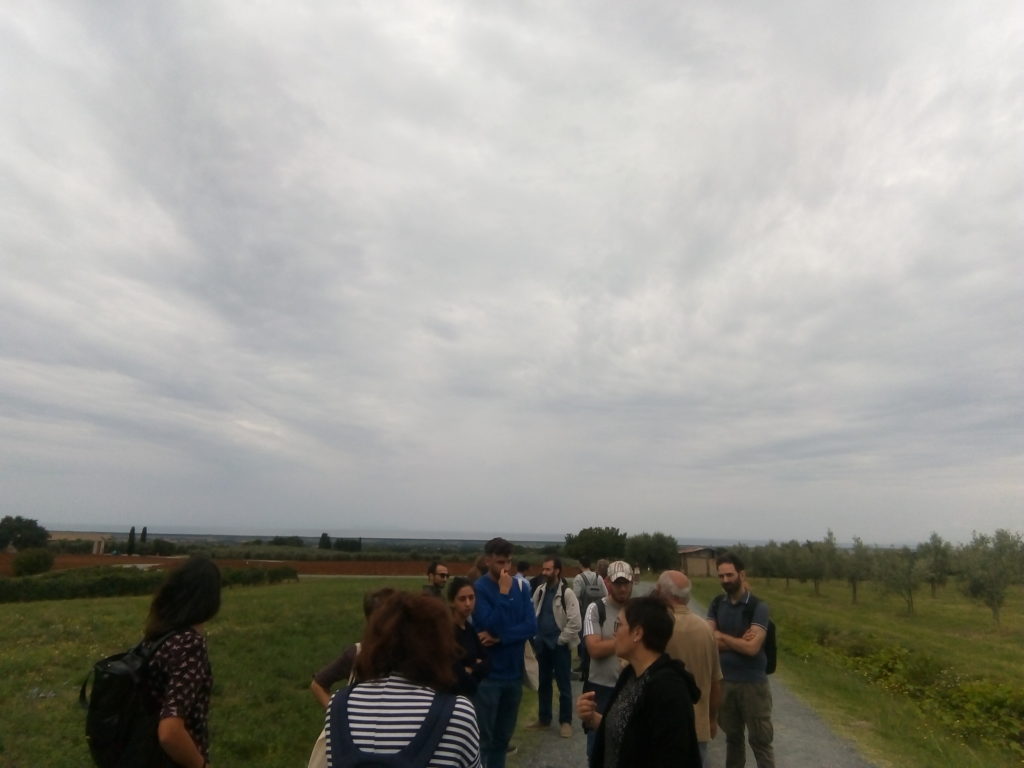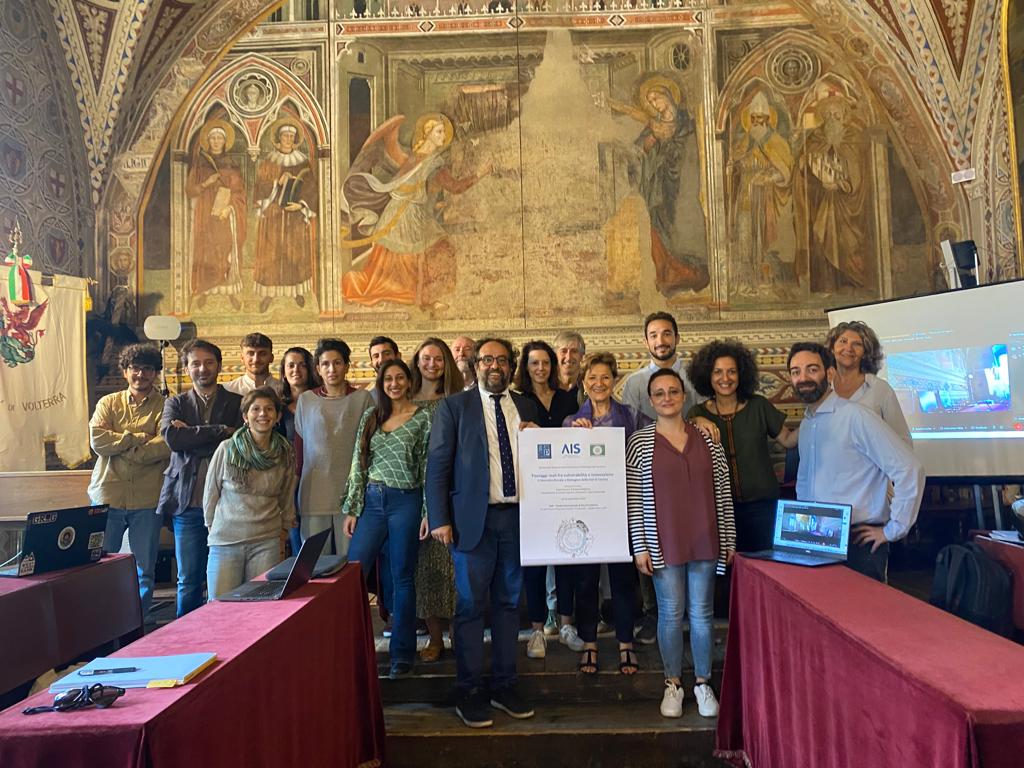
The Summer school in Val di Cecina District
Written by: Fabiana Stortini, FRANCESCA ULERI and Sabrina Arcuri
During the week of 18th-22th of September the Summer School on “Paesaggi reali fra vulnerabilità e innovazione” took place in Volterra, with direct focus on the Rural and Organic District of Val di Cecina. The school was promoted by the committee of the Higher Education in Sociology of the Territory with the collaboration of the Department of Agriculture (PAGE group) and the Department of Political Science of Pisa.
The week was rich of various activities with key-note speakers/experts related to six main topics:
- Biodiversity,
- Valorization of local products,
- Energy, landscape and sustainability,
- Tourism and sustainable development,
- Socio-territorial analysis,
- Policy and regulation.
In addition to the thematic and methodological sessions, the students made activities on the field through focus group, formal and informal interviews with local administrators and other stakeholders. The students’ activities have been organized as an exercise for planning and designing initiatives of local development, in coherence with the action promoted by the Rural and Organic District Val di Cecina. Starting points were the concept of ‘district’ and the work carried out in the field: the students were eventually able to elaborate a road map and a set of scenarios, which were presented and discussed on the last day of the Summer School.
Building upon two days of debates and meetings with scientific experts and local institutional stakeholders, and a territorial analysis, two main areas of interest were identified:
- Biodiversity, valorization of agro-food products and rural tourism,
- Landscape and Energy.

The topic “Territorial analysis and regulation and policy” was considered cross-cutting across both areas. Divided into two groups, the students have identified and selected specific problems, defined a set of research questions and related theoretical frameworks, and constructed the instruments for data collation to be used during the one-day-fieldwork.
During the third day, the students had the opportunity to interview – amongst many others – agricultural technicians, representatives of the Rural and Organic District, and organic farmers, both permanent residents and new-comers attracted to the area by the possibility to live and work in the Tuscan countryside. Building upon the empirical evidence, the students have carried out a socio-territorial analysis of the District and used a mixed method approach to highlight critical issues and potential for sustainable planning in the territory.
The broader question of Italian Inner Areas (or shrinking areas) and the difficulties and effects triggered by the COVID-19 were problematized and connected in the analysis. Both groups have pointed out the necessity to strengthen and broaden the network through action for territorial animation/facilitation, since problems in the local recognition of the District were noted during the interviews and explorative walks in Volterra.
On the last day of the Summer School, students presented their projects during the closing ceremony in presence of the Institution of the Municipality of Volterra, Fondazione Cassa di Risparmio di Volterra, Rural and Organic District Val di Cecina, representatives of the local economic sector, and the scientific and organizational committee of the XII Summer School of Higher Education in Sociology of the Territory.
The first project titled “Good, Clean and Fair District. Participation and Networks: Strategies for value construction”, proposed an action plan for strengthening the multifunctional profile of the farm network while maximizing the production of non-commodity goods, which territorial collectivities can benefit from. The second project, “Sustainability as a pathway”, presented a set of governance initiatives for fostering the green energy transition and parallel landscape preservation.

At the end of the ceremony, the institutional stakeholders discussed the results and awarded the official certificates of attendance to participants.

